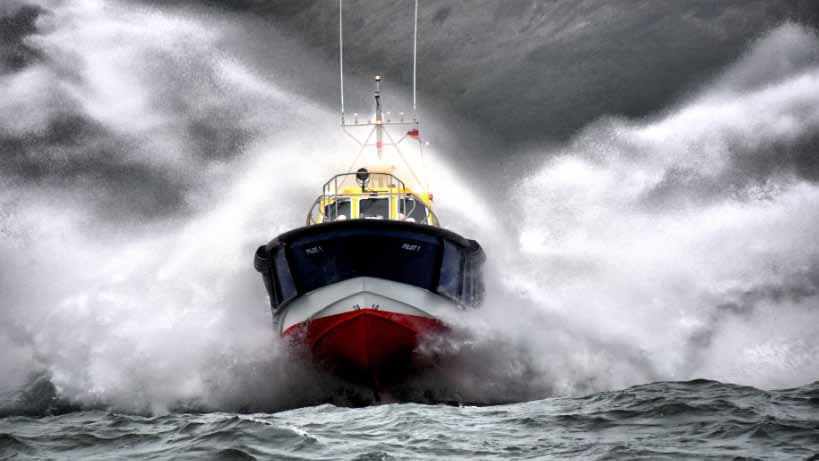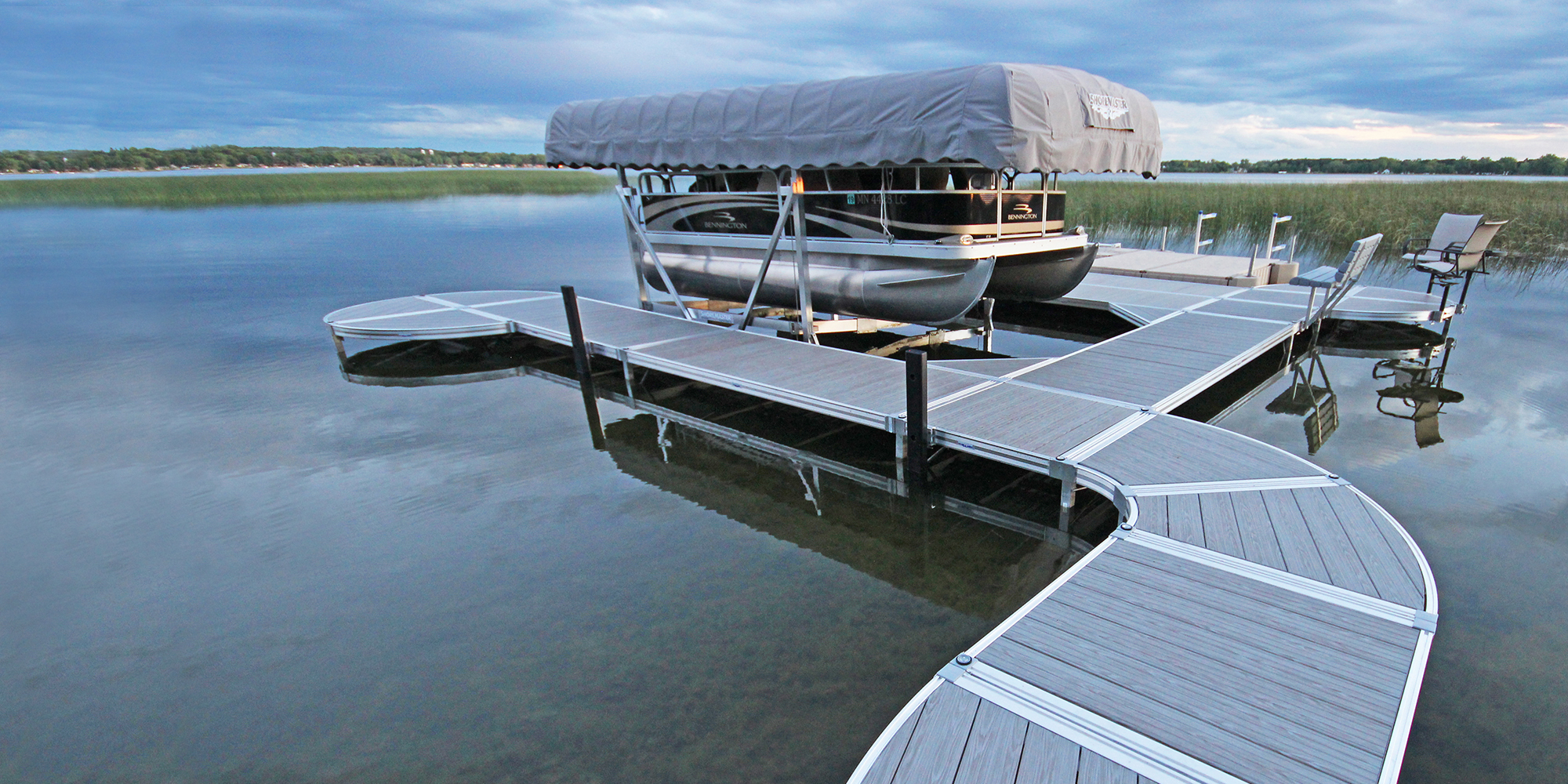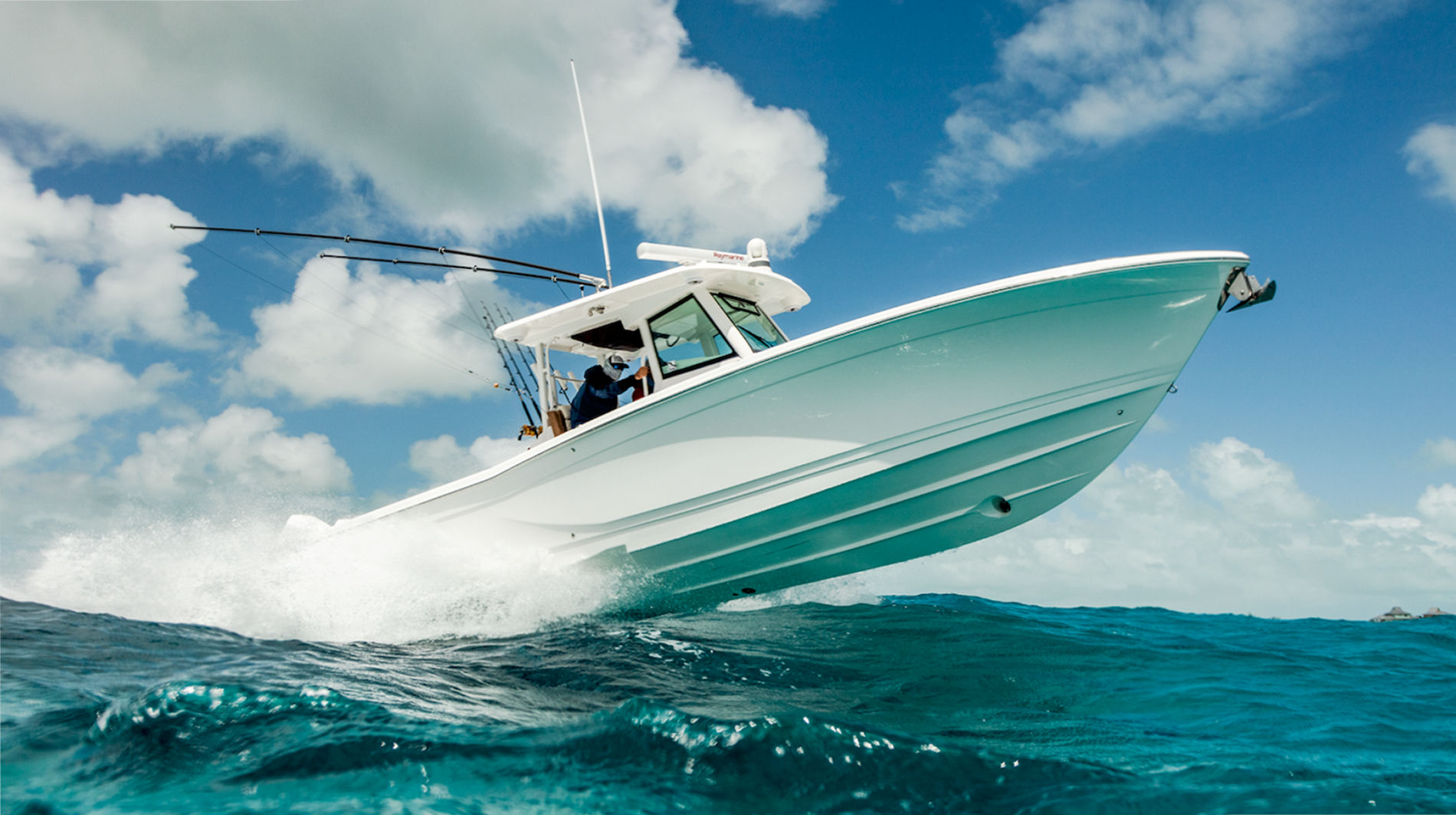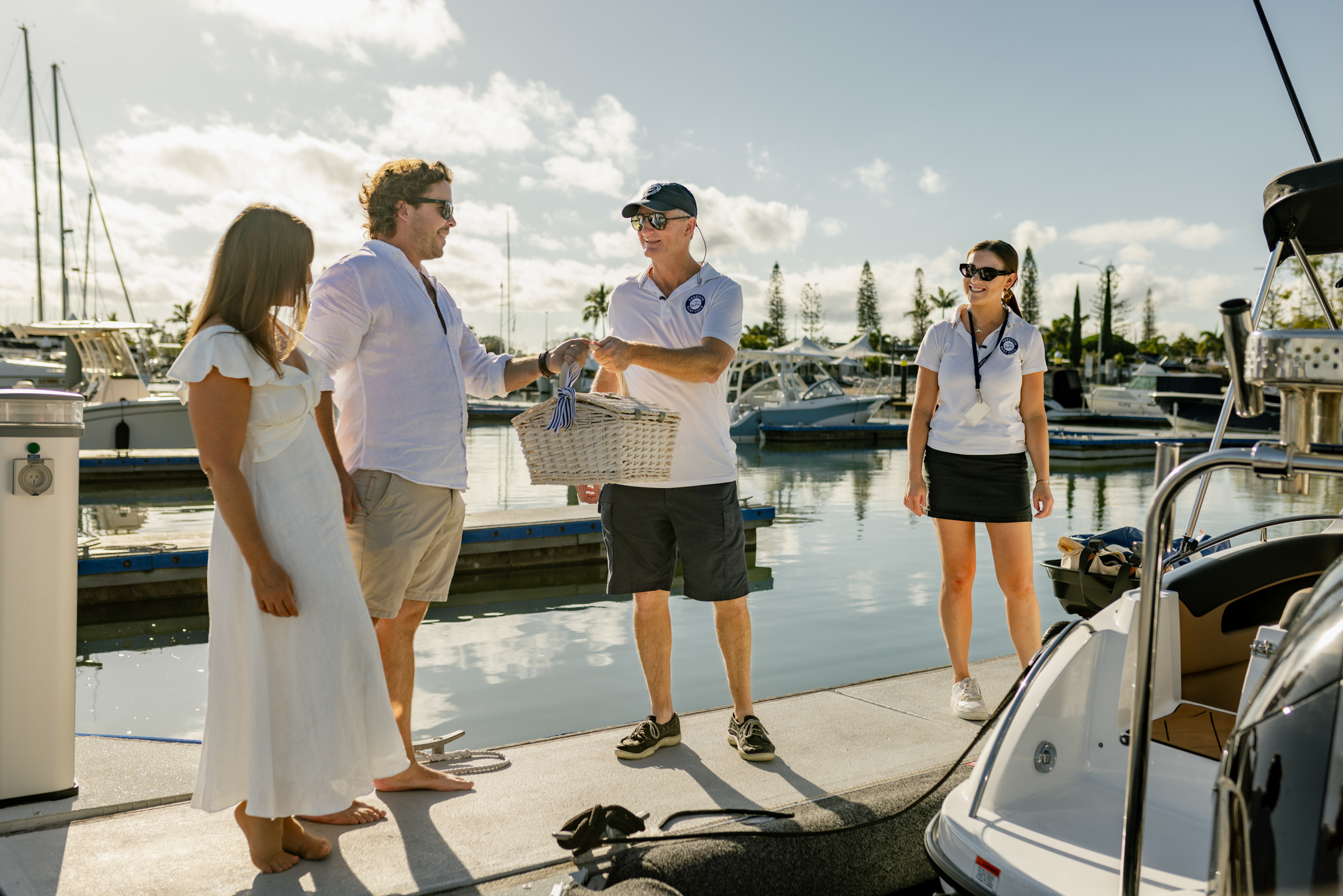10-Year-Old Boy Attacked by Shark During Bahamas Resort "Walking with Sharks" Expedition
A 10-year-old boy was the subject of a traumatic encounter while participating in a popular "walking with sharks" expedition, hosted by a resort in the Bahamas. The expedition, designed to provide close encounters with marine life, took an unexpected turn when a shark attacked the young participant. This incident has brought to light the potential risks involved in wildlife tourism, particularly activities that involve interaction with predatory species.
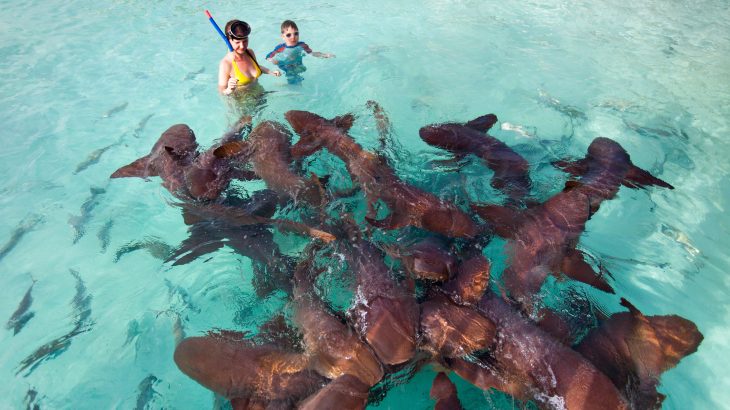
The Bahamas, known for its pristine beaches and exotic wildlife, attracts tourists seeking adventure and unique experiences. Resorts in the area have capitalized on this by offering various wildlife expeditions, promising safe and controlled interactions with sea creatures, including sharks. However, the recent shark attack raises questions about the safety measures in place during these experiences and the level of risk tourists, especially children, are exposed to.
Key Takeaways
- A shark attack occurred during a resort-hosted "walking with sharks" expedition in the Bahamas.
- The incident prompts scrutiny of the safety protocols for wildlife tours involving potentially dangerous animals.
- The resort’s practices and the broader implications for tourism and wildlife interaction are under review.
Incident Overview
During a "Walking with Sharks" expedition at a Bahamas resort, a ten-year-old boy sustained injuries from a shark attack, bringing the safety of such activities into the spotlight.
Shark Attack at Bahamas Resort
On Thursday afternoon, vacationers at the Blue Lagoon Island resort were alarmed when a shark bit a young participant during an interactive aquatic excursion. Resort staff and emergency responders promptly intervened, following the established protocols for such incidents.
Victim Profile
The victim, identified as a ten-year-old tourist visiting with his family, was immediately given medical attention. Despite the traumatic event, reports indicate non-life-threatening injuries, and the child is now receiving appropriate care at a local medical facility.
Walking with Sharks Expedition
The excursion, marketed as an educational and immersive experience, typically allows guests to closely observe and walk among a variety of marine life, including nurse sharks known for their generally docile nature. This incident raises concerns regarding the inherent risks of interactive wildlife activities.
Emergency Response

Following the shark attack on a 10-year-old boy during a "walking with sharks" expedition at a Bahamas resort, an immediate and professional emergency response was executed.
Rescue Efforts
The rescue team at the resort promptly sprang into action immediately after the incident was reported. Witnesses reported that lifeguards reached the boy within moments, pulling him to safety. They quickly assessed the situation and ensured that he was removed from any further danger.
Medical Treatment
First aid was administered on the scene to treat the boy's injuries. This included applying pressure to wounds to minimize blood loss and covering the injury to reduce the risk of infection. He was then transferred to the local hospital, where a surgical team was prepared and waiting to provide necessary medical attention.
Resort's Safety Measures Post-Incident
In response to the incident, the resort updated its safety protocols. They conducted a thorough review of the "walking with sharks" expedition, temporarily suspending the activity. To further enhance guest safety, they announced additional training for staff on emergency response and shark behavior.
Shark Behavior
Understanding the species of shark involved and their typical interactions with humans is critical following a shark-related incident.
Species Involved in the Attack
The species of shark implicated in the attack is a key factor in assessing behavior. Sharks like the Great White, Tiger, and Bull sharks are known for their powerful builds and potential for human interaction due to their curiosity and presence in coastal waters frequented by humans.
Shark Interactions with Humans
Although shark attacks on humans are rare, certain activities can increase the likelihood of an encounter. Shark feeding expeditions or activities that mimic the behavior of their prey can inadvertently attract sharks. They utilize a combination of senses to detect prey, and generally, their behavior towards humans is one of disinterest. However, mistakes in identity can occur, leading to unintended attacks.
Resort's Wildlife Expeditions
The resort offers a range of wildlife expeditions designed to educate and thrill guests. These guided tours allow direct interaction with marine life in carefully controlled environments.
Tour Descriptions
The "Walking with Sharks" expedition is the resort's most talked-about experience, allowing guests aged 10 and up to safely walk among nurse sharks under close supervision. Snorkeling with Turtles is another popular option, giving visitors a chance to see these graceful creatures in their natural habitat. Each tour is led by experienced guides who provide informative talks on the local ecosystem and wildlife behaviors.
Safety Protocols
To ensure guest safety, the resort has implemented strict Safety Protocols for all wildlife expeditions. Visitors receive a detailed briefing before participating, which covers the following key points:
- Pre-Expedition Training: All participants must undergo a training session that includes safety procedures, proper use of equipment, and how to interact with wildlife.
- Guided Tours Only: Guests are always accompanied by certified guides who are trained in first aid and emergency response.
- Emergency Equipment: The tours are equipped with safety gear, including first aid kits and communication devices to call for help if necessary.
- Wildlife Interaction Rules: There are clear rules about not touching or feeding the animals, maintaining a safe distance, and respecting their natural behaviors.
Public Reaction
The shark attack on the young boy during a "Walking with Sharks" expedition at a Bahamas resort has sparked widespread public reaction, encompassing both intense media coverage and varied community responses.
Media Coverage
Major news outlets and social media platforms have been flooded with reports and discussions about the incident. Broadcast and online media have offered continuous updates on the boy's condition, while analytical pieces are scrutinizing the safety measures of wildlife excursions.
Community Response
The local community has expressed a mix of concern and support. Residents and businesses near the resort are organizing fundraisers and offering emotional support to the family. There has also been a call for a review of resort safety protocols and an inquiry into the guidelines governing interactive wildlife experiences.
Conservation Efforts
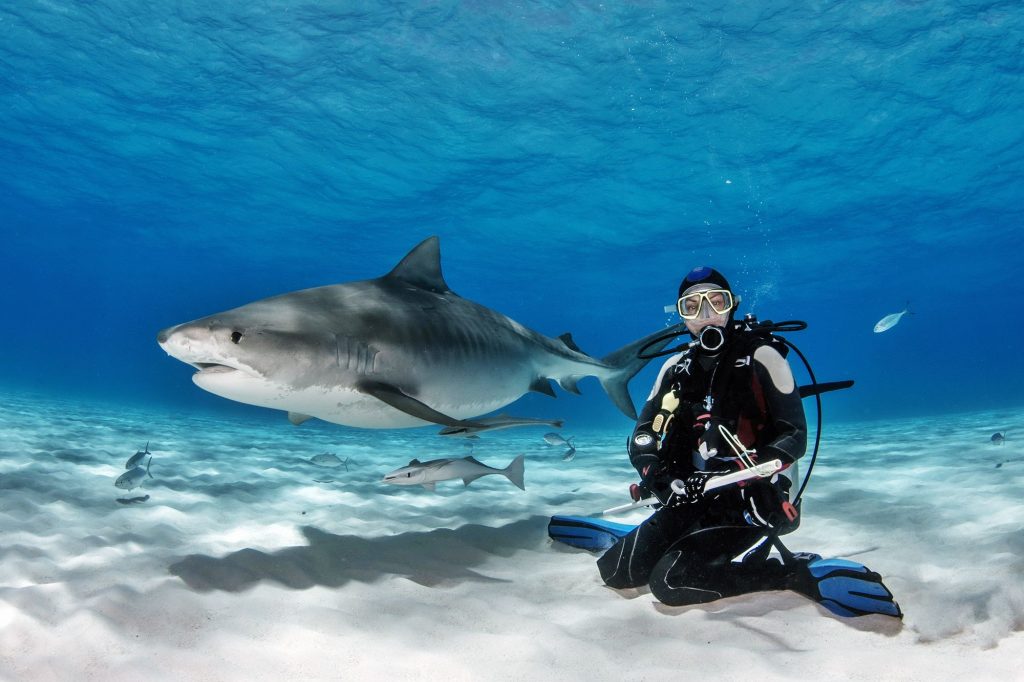
Following an incident at a Bahamas resort involving a young boy and a shark during a "walking with sharks" expedition, there has been a renewed focus on conservation efforts. These initiatives aim to safeguard shark populations and enlighten the public on the significant role sharks play in marine ecosystems.
Shark Conservation
Shark conservation efforts are essential for maintaining the balance of marine life. Continuous work by organizations and researchers has led to the implementation of shark sanctuaries, where fishing for sharks is strictly prohibited. These sanctuaries have been established in various parts of the world and are critical in protecting species at risk of extinction due to overfishing and habitat destruction. The Bahamas itself is home to a vast shark sanctuary, measuring over 630,000 square kilometers, that provides a safe haven for numerous shark species.
Educational Impact
Education plays a pivotal role in changing misconceptions about sharks. The "walking with sharks" expeditions, despite the risks, serve to inform participants about the importance of sharks in marine ecosystems. Educational programs and tours are designed to teach individuals about safe interaction with wildlife and the importance of sharks in maintaining the health of oceanic habitats. They underscore the value of preserving marine biodiversity and promote respect and conservation measures that can protect these animals for future generations.
Legal and Ethical Considerations
The incident at the Bahamas resort raises pivotal questions in terms of legal responsibility and the morality of wildlife tourism experiences.
Liability and Litigation
The resort may face legal scrutiny over safety protocols and emergency response measures. In the instance of the shark attack during the "walking with sharks" expedition, the core of litigation would possibly focus on the existence of adequate warnings about potential risks and the provision of sufficient protective measures for participants. Furthermore, the age of the victim might also play a crucial role in the legal proceedings, questioning whether a ten-year-old should have been allowed to participate in such an activity.
Ethical Implications of Wildlife Tours
Wildlife tours, while providing an economically beneficial form of tourism, inherently carry ethical considerations. Entities offering these experiences must balance profitability with animal welfare and visitor safety. In the case of the shark attack, it raises the issue of whether the sharks' behavior was altered due to the presence of tourists, the ethicality of allowing a minor to participate in potentially dangerous wildlife interactions, and the impact such activities have on the natural behavior of sharks.
Future Precautions
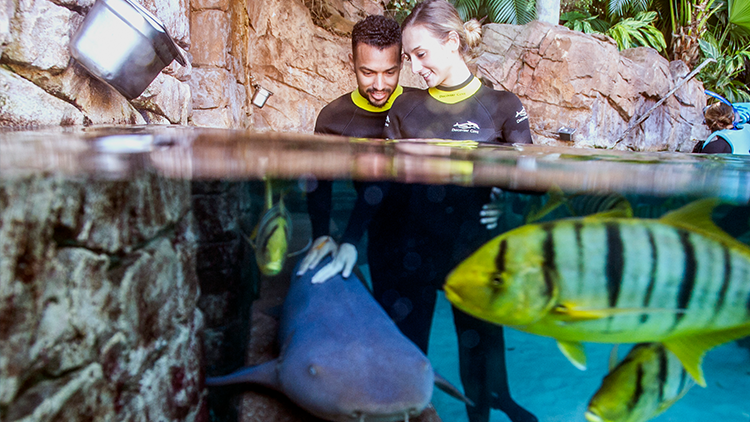
In response to the recent incident, the resort is implementing rigorous measures to prevent such occurrences in the future.
Policy Changes
Restrictions on Interaction: Direct physical interaction with sharks will be strictly limited to professionals. Guests will be required to observe from a safe, designated distance.
Age Requirements: The resort will introduce stricter age requirements for all expeditions, ensuring that participants are of an age where they can comprehend and adhere to safety protocols.
Enhanced Safety Training
Pre-Expedition Briefings: All participants will receive comprehensive safety briefings that outline the risks and the importance of following guide instructions.
Emergency Response Drills: Staff will undergo enhanced emergency response training, which includes immediate medical intervention and swift evacuation protocols.
Frequently Asked Questions
This section addresses common inquiries regarding the recent shark attack during a resort's "Walking with Sharks" experience in the Bahamas.
What were the circumstances surrounding the shark attack on the young boy in the Bahamas?
The ten-year-old boy was participating in a "Walking with Sharks" expedition when he was bitten by a shark. The incident occurred while he was in the water under the supervision of a guide.
Has the resort where the shark attack occurred made a statement regarding the incident?
Yes, the resort issued an official statement expressing their regret and detailing the measures they would take to review and possibly enhance their safety protocols.
What species of shark was involved in the attack on the child at the Bahamas resort?
The species of shark identified in the attack was a Caribbean Reef Shark, which is commonly found in the waters where the event took place.
What safety protocols were in place during the 'Walking with Sharks' expedition when the attack happened?
During the time of the attack, participants were accompanied by experienced guides, and there were safety instructions provided ahead of the excursion. The specific details of all the safety protocols aren't publicly disclosed.
What is the current condition of the child who was attacked by the shark?
The child sustained injuries from the shark bite but was promptly given medical attention. Reports suggest that he is in stable condition following the attack.
Have there been previous shark incidents reported at the same location or nearby areas in the Bahamas?
There have been rare instances of shark encounters reported in the Bahamas, although attacks, particularly in controlled expedition environments like this, are not common.
Charlie is Editor-in-Chief of Sea Magazine
